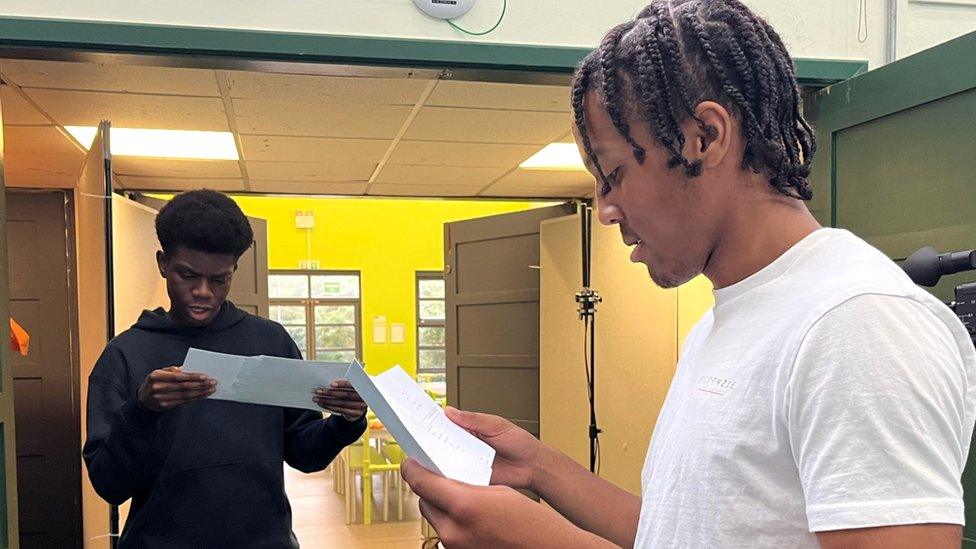Dyscalculia: Parents call for maths learning difficulty support
- Published
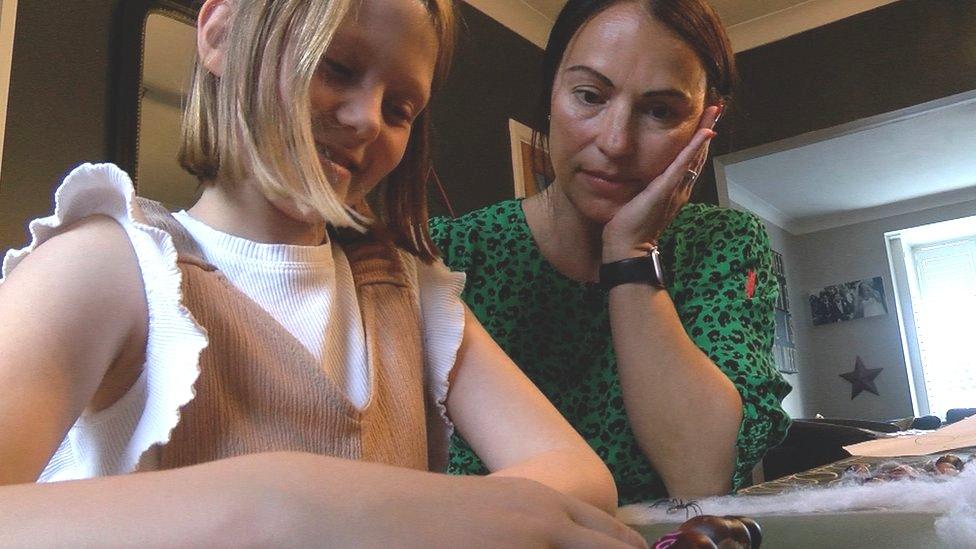
Julie has been helping her daughter find new ways to learn maths
Families in south-east England are calling for more support for children with a learning difficulty that affects numeracy.
About 6% of the population are impacted by dyscalculia, often described as the sister to dyslexia.
The Department for Education (DfE) said it was planning to "reform the support system for children".
Julie's nine-year-old daughter Lexi has dyscalculia, which she said has created a lot of challenges.
"As a parent you go through a loss for the future you want for a child," she said, explaining her fears that Lexi might struggle to reach her full potential.
"You think they're going to really struggle at school."
Julie believes the education system should be more hands-on and multisensory for teaching dyscalculic pupils.
She said she had to change careers to enable her to spend more time to offer Lexi extra support.
Earlier this year, Prime Minister Rishi Sunak laid out plans to extend maths education to 18 while Labour has set out plans for "real world" maths skills to be taught in primary schools.
The DfE said "all teachers are teachers of special education needs and disabilities (SEND)".
But Cat Eadle from the Dyscalculia Network said there was currently no formal requirement for maths teachers to learn about dyscalculia in their training.
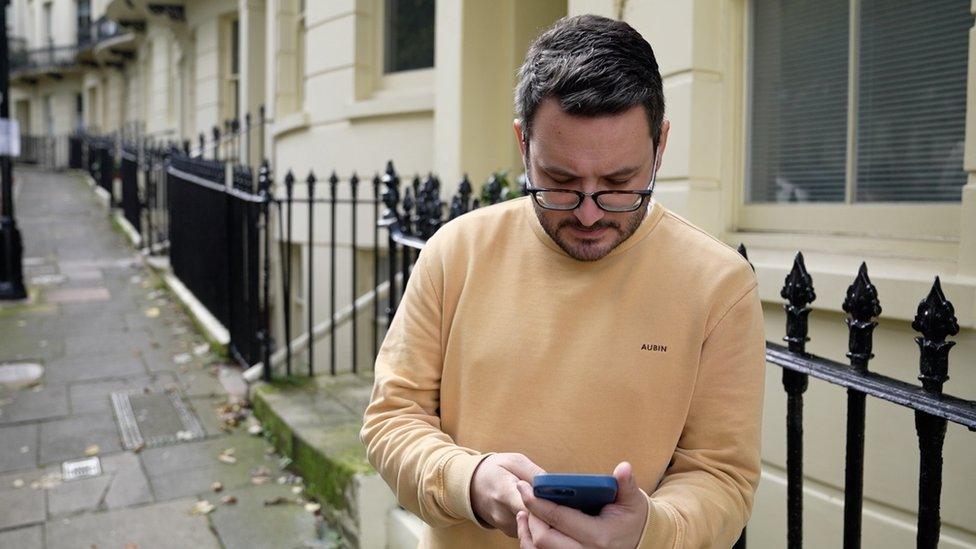
Dr Cherry often gets digits mixed up when typing in phone numbers
Peter Cherry, 35, from Brighton, said dyscalculia prevented him from passing his maths GCSE, which "closed doors".
Despite having a PhD, Dr Cherry struggled to find a job and at one point claimed Universal Credit, which he said made him feel "worthless".
He struggles to read train times, always counts on his fingers and has trouble attaching value to numbers.
"I just think as a society we are not very inclusive of people with low numeracy," Dr Cherry said.
He said the government's plans to extend compulsory maths education to 18 were "scary" with "no concrete strategy for supporting those with dyscalculia".
The DfE said "an expert advisory group made up of experts from academia, industry and frontline provision" was building evidence to inform the policy.
Someone with dyscalculia is about 100 times less likely to get diagnosed than someone with dyslexia, according to Ms Eadle.
She said schools often do not have the budget to pay for children to see an educational psychologist.
The DfE said it was putting "significant investment into the high-needs budget" with a further £440m allocated next year.
Beckie from Ashford in Surrey believes she is dyscalculic but was never formally diagnosed.
She failed her maths GCSE three times.
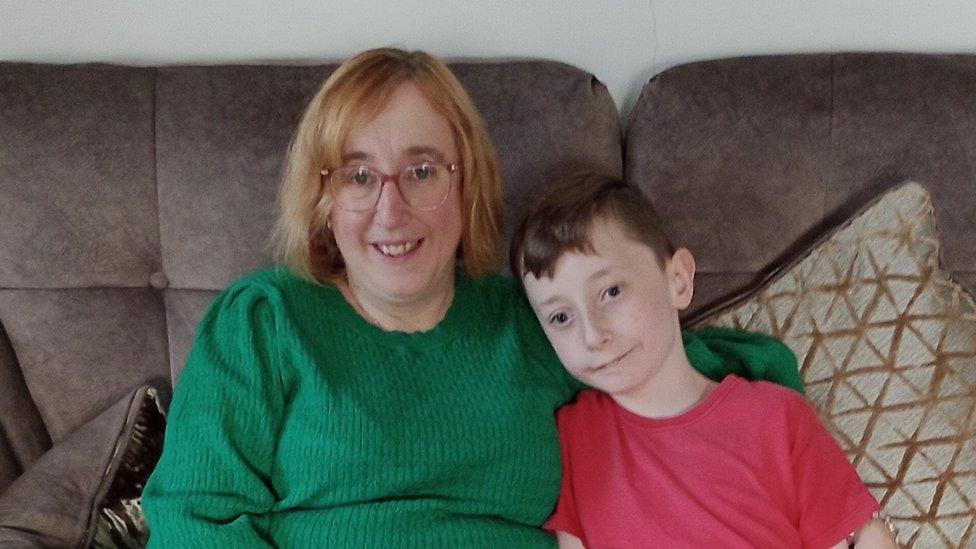
Beckie said both she and her son Callum were "a round peg in a square hole"
Recognising her son Callum was having similar struggles, she paid for a private assessment that confirmed a dyscalculia diagnosis.
"He's a round peg in a square hole," she said.
Julie said that aside from her dyscalculia, Lexi had a "set of superpowers".
"There's so much people can offer from a neurodiverse point of view," she said.

Follow BBC South East on Facebook, external, on X, external, and on Instagram, external. Send your story ideas to southeasttoday@bbc.co.uk, external.
- Published7 February 2023
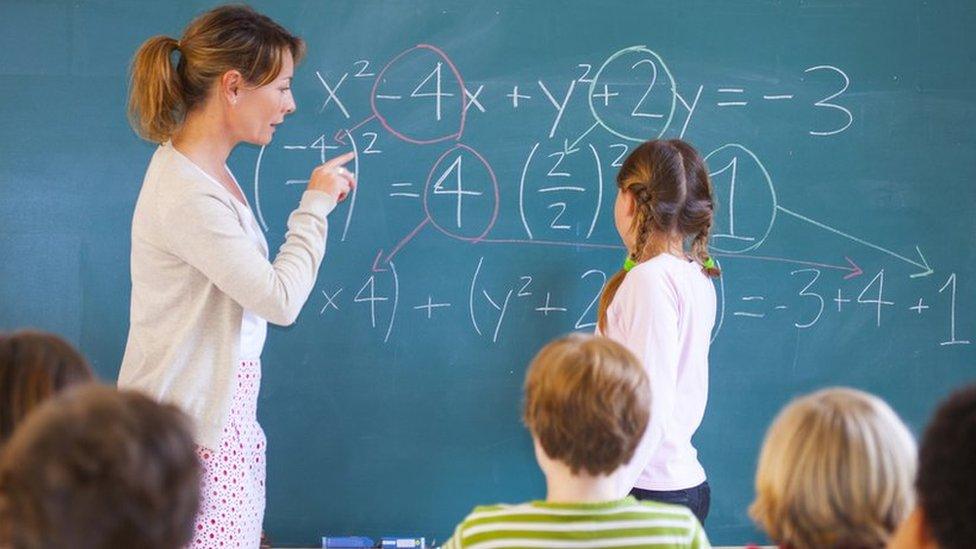
- Published4 January 2023
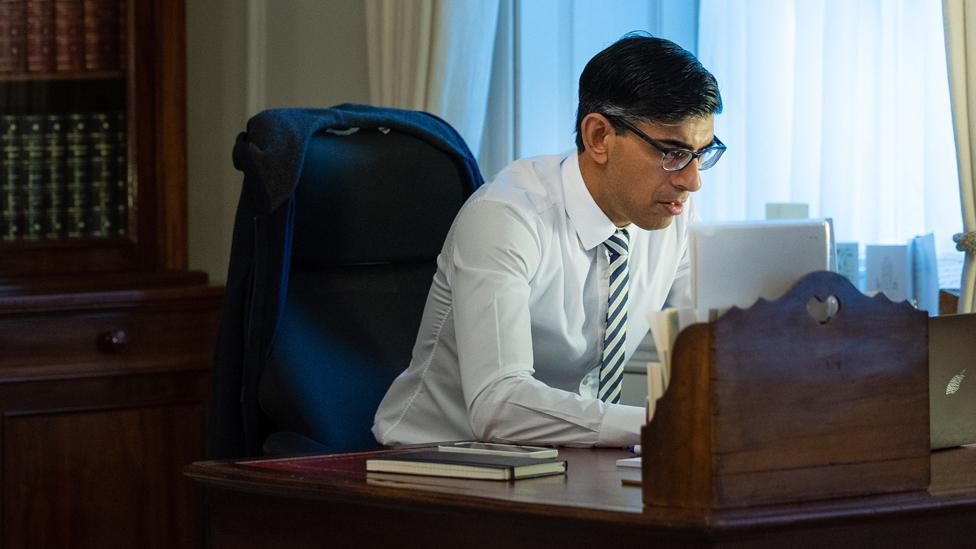
- Published3 October 2023
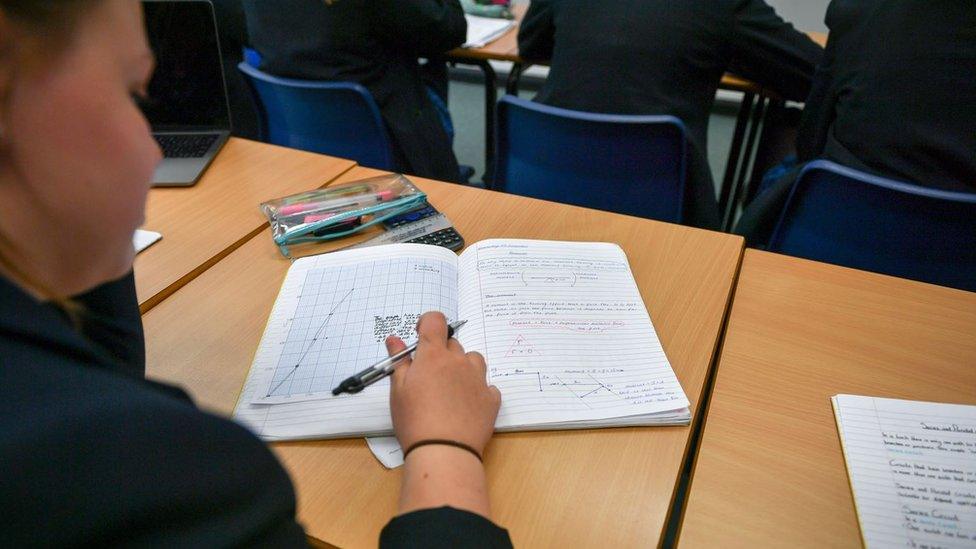
- Published24 August 2023
